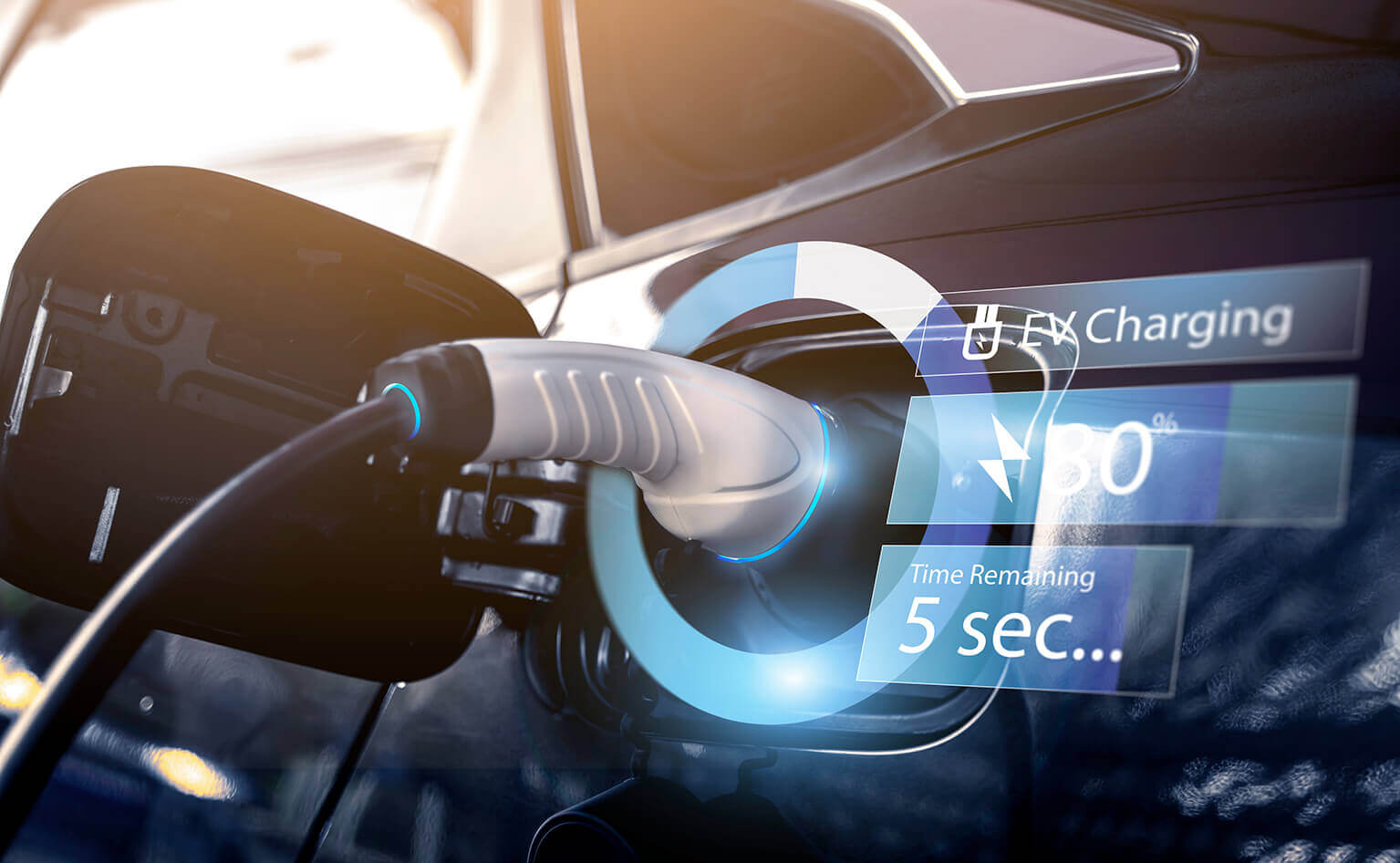EVs vs Petrol
Which is cheaper to finance?
As more New Zealanders rethink their transport choices, the question you might be asking is: “Are EVs actually cheaper to finance than petrol vehicles?”
The answer isn’t always straightforward! Financing costs aren’t just about the loan itself, they’re influenced by purchase price, depreciation, running costs, and even how lenders assess risk. Below, we break down the key differences so you can make a confident, well-informed decision.
Purchase Price: Petrol still leads on upfront costs

For most buyers, the biggest factor in car finance affordability is price.
- Petrol cars generally remain cheaper to buy than EVs.
- EV prices have been trending down as supply improves, but many still sit at a higher upfront cost.
What does this mean for car loans?
A higher purchase price usually means a larger loan and higher monthly repayments, even if the interest rate is similar. So purely from a loan-size perspective, petrol cars still tend to be cheaper to finance.
Depreciation: A changing landscape for Evs
Depreciation has historically been steeper for electric vehicles, due to rapid tech improvements and uncertainty around battery longevity. But the NZ market is growing, and prices are stabilising.
- Petrol cars remain predictable in their resale values.
- EVs are improving as more models enter the market and battery warranties become more robust.
Because lenders consider potential resale value when structuring loans, EV depreciation can sometimes affect:
- Maximum loan terms
- The amount you can borrow
Still, the gap is narrowing each year.
Running Costs: EVs can save you money in the long term

Even if an EV costs more to finance upfront, running costs can make a meaningful difference to the total cost of ownership.
EV advantages
- Cheaper charging compared to petrol (especially home charging).
- Fewer moving parts meaning lower servicing and maintenance.
- No engine oil, cambelts, or exhaust systems.
Petrol realities
- Fuel prices remain unpredictable.
- Maintenance costs are typically higher over the vehicle’s life.
For many drivers, these long-term savings can offset the higher finance repayments of an EV. Compare running costs of EVs and petrol cars in NZ: EV vs petrol comparison (Canstar).
Insurance: Often higher for Evs

Because EV components (particularly batteries) can be more expensive to repair or replace, insurance premiums are sometimes higher for electric vehicles.
This won’t affect your finance agreement directly, but it does impact overall affordability. Find out why EV insurance can cost more than petrol cars: Insurance cost insights for EVs (Quashed).
So...Which is cheaper to finance right now?
If your main focus is the finance itself (loan size and repayments) then in most cases petrol vehicles remain cheaper to finance upfront. They cost less to purchase, and your loan amount is typically smaller, which keeps repayments down. However, EVs may cost less over the life of the vehicle. Thanks to lower charging and servicing costs, many drivers find the long-term savings significant.
If you’re choosing purely based on loan affordability, a petrol vehicle is usually the lower-cost option today. But if you’re evaluating total cost of ownership, driving habits, environmental impact, and long-term running costs, an EV may be a better financial choice as prices continue to fall and technology becomes more accessible.
Considering an EV or petrol vehicle? We’re here to help.
Oxford Finance offers flexible, competitive car finance options for both EVs and petrol vehicles. Our team are available to tailor a solution to suit your budget and your goals. Use our loan calculator to estimate your repayments and apply online, or, get in touch with us today to explore your options.
